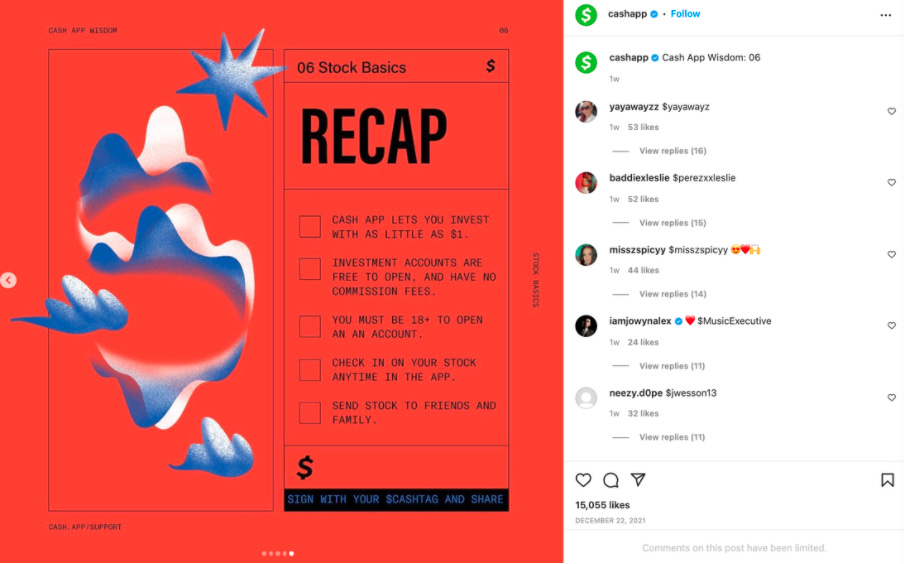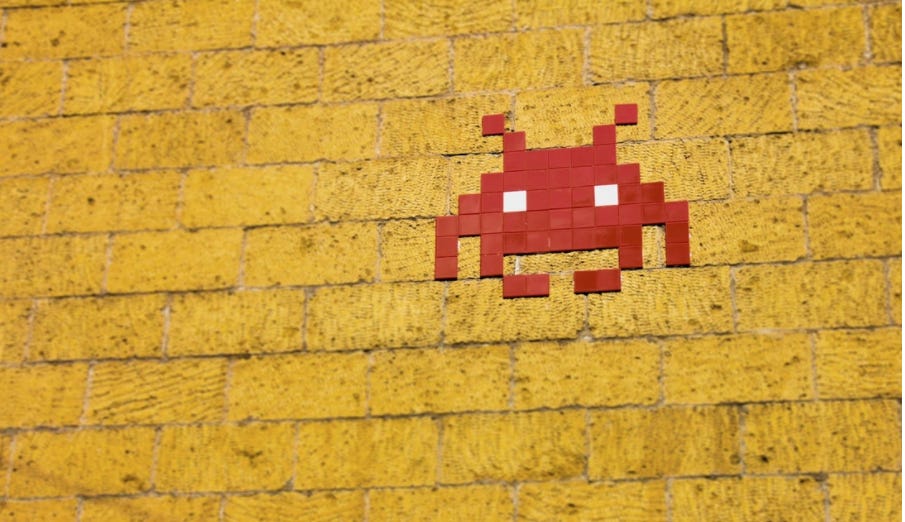The most talked about mobile payment service leverages unique culture, gamification offers improvements in work and daily life and the hot question for 2022 is: who owns Web3?
Cash App culture
From The Sociology of Business, by Ana Andjelic
Cash App understands that in commerce, culture has the biggest network effect.
Community: They piggybacked the already existing #CashAppFriday social event and expanded it, hosting giveaways and amplifying their initial following.
Collaborations: Travis Scott, Cardi B and Miley Cyrus have all worked with Cash App for giveaways, tutorials and financial wisdom - embedding themselves in their user’s communities.
Curation: its brand narrative is centred around the hustle culture and those typically excluded. Commercial activity = cultural activity.
Content: they share regular content in a GenZ/hip-hop style centred around bettering financial literacy and the democratization of investing.
Lab of complex problems
From Not Boring, by Packy McCormick
Web3 is a digital laboratory for complex problems. Every time a new project comes together and crumbles - the whole system evolves.
Web3 is very good at pushing large groups of people and money at random causes - this superpower can be harnessed for great things.
Web3 is a real life complexity economics simulation played out with real money and real humans - agents that are programmed to become smarter and interact with one another.
Who owns Web3?
From The Pomp Letter, by Anthony Pompliano
Three groups own tokens in the Web3 ecosystem: the team, private investors and the community.
Looking at Solana’s and Uniswap’s initial token distribution, teams hold ~20-30% of token supply, private investors ~15-50% (dependant on amount of token sold before launch) and the rest is used for other activities (rewards, airdrops, yield farming etc.).
Ultimately, the same people who own Web2 companies and bitcoin own Web3 - the question is will token become more centralized or decentralized over time?
Everyday gamification
From Perspectives, by Deb Liu
Understanding and leveraging applications of gamification in the real world can lead to positive changes.
Improve product adoption and engagement with streaks, leader boards, community awards, social currency, badges and bonuses for actions.
Improve productivity with team competition and games - but do avoid manipulation and be upfront about the process and the benefits.
Improve efficiency at home by rewarding yourself for difficult tasks to avoid feelings of dread and mental barriers.
China in 2022
From Axios China
Increased intervention in Big Tech companies. China’s growing regulatory regimes could influence global standards.
Deepening property sector troubles could affect other areas of the economy and impact negatively on global markets.
The controversial Winter Olympics are set to go ahead, indicating that Beijing is powerful enough to disregard action by joining democratic states.
Extra Reading
Fixing distraction at work (The Flywheel, Jake Singer & Tanya)
How and why to learn community building (Creator Economy, Peter Yang)
Negatives of price controls for fighting inflation (Noahpinion, Noah Smith)
30 best pieces of advice for entrepreneurs in 2022 (First Round Review)
The best of Consumer Startups (Consumer Startups, Leo Luo)
Web3 is a backend revolution (Digital Native, Rex Woodbury)








